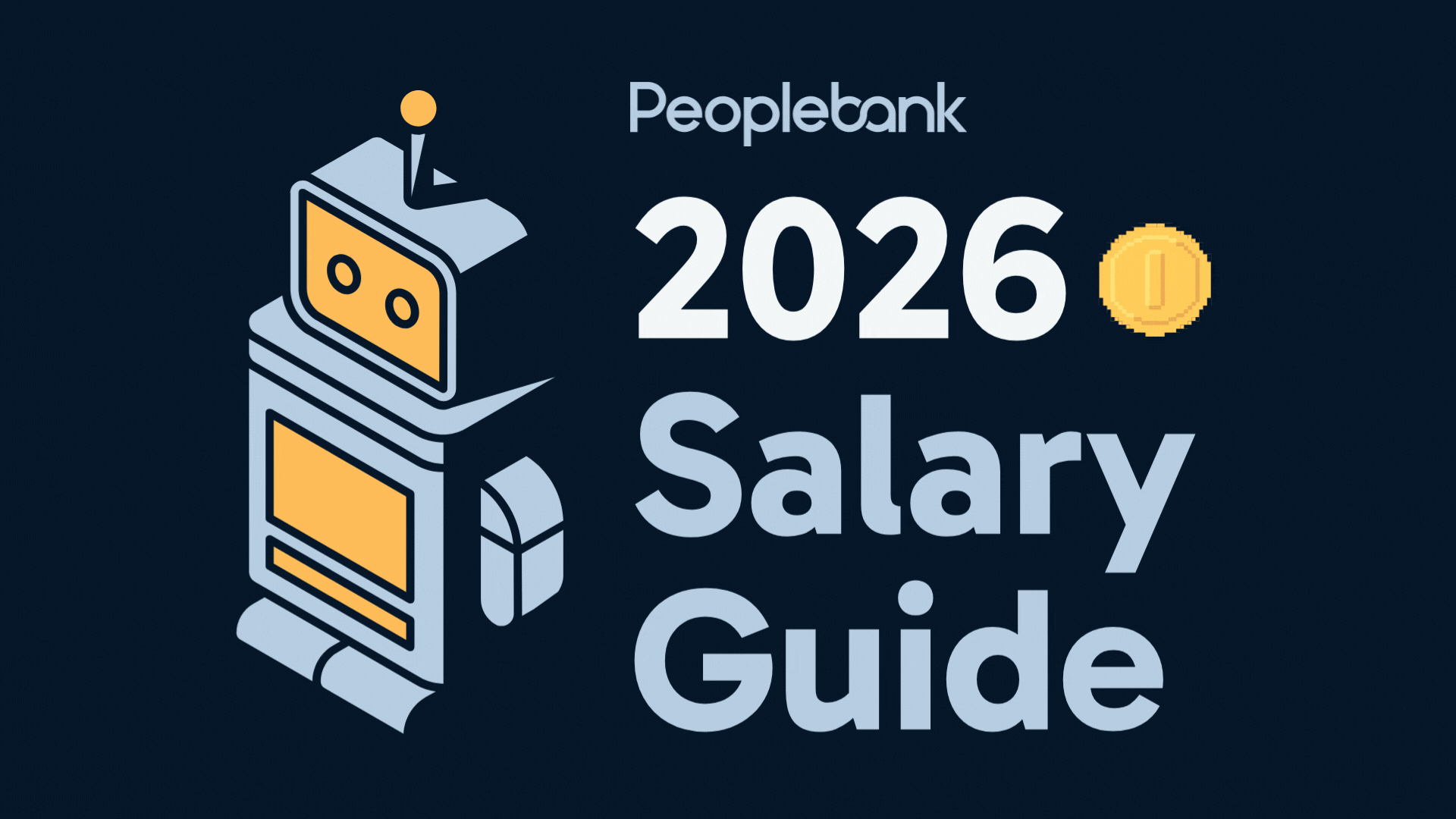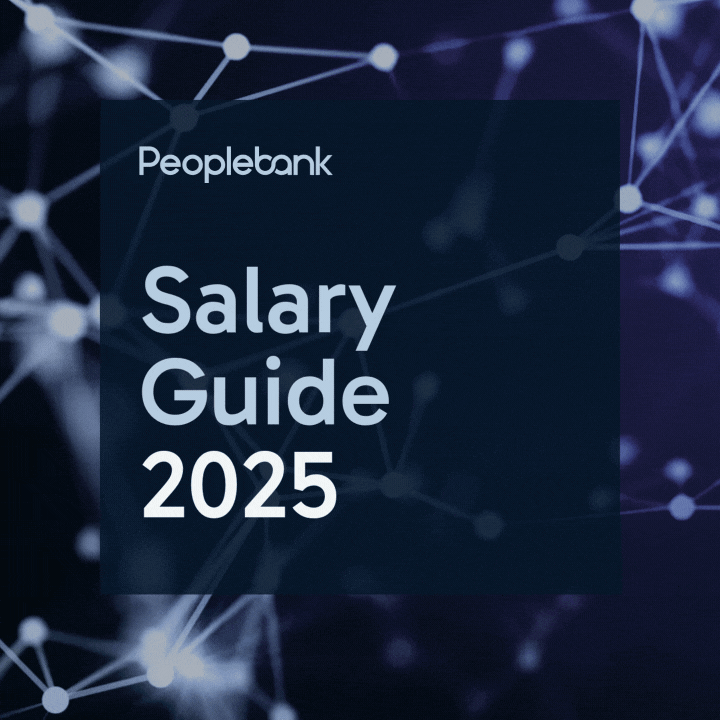A Software Star Is Born
My staff story isn't so much about myself, but rather about a special candidate that really reminded me why I love doing what I do.

I opened a CV just like any other day, looking for a senior software developer for my client. Two things struck me about this particular CV. The candidate had no commercial coding experience, and the CV was beautifully put together. It was clear as a cloudless day that someone had put enormous care and effort into its production.
I picked up the phone and spoke to the author, Michael. The same intelligence and pride reflected in the CV came through in our conversation, as well as an obvious good character and a burning desire to succeed. All Michael really wanted was to be given a chance to start his career as a software developer. He was working two days a week as a volunteer at a small software development house, trying to get a formal development record under his belt.
My client didn’t have a role for him, but I told Michael that if he could ace a ‘developers aptitude’ test, I would push to get him in front of my client. I warned that anything less than a stellar result would probably be the end of our journey.
The next morning, I found the test result in my inbox. I’ve been in this industry for 12 years, but I’d only seen scores of 99/100 on this test twice. Michael was the second. Was this for real?
I met Michael at Epping train station early the next morning because it’s important to get a sense of the individual I was going to take a punt on. But also, I wanted to make sure he was as prepared as humanly possible, before sending him to my best client who had no job for him (talk about a real challenge). He is simply a wonderful person, and I could tell only after one meeting with him. There was clearly something to Michael. He was good-natured, humble, hungry to learn and clearly very clever - any doubt about the legitimacy of his remarkable test score vanished. We spoke for an hour. He had completed a Bachelor of Philosophy at a top university, but this was a choice he described as naïve. The way he put it was that the choice was made by an 18-year-old who thought they knew a lot when in retrospect he actually knew nothing at all. He spoke about loving computers since childhood and regretting not investing his time in writing software instead. Now he’s 25, trying to correct that decision and making up for lost time.
I prepped him for the interview, and then sent his CV to the head of development, pitching that if building fantastic talent into his team was at all viable, this was the candidate to consider.
The interview was set up for a week later. This particular client sets incredibly high standards for the developers they hire, earning them the nickname ‘John West’ in our office, as everyone wants to hire the developers they reject! The interview was two hours of rigorous pair programming exercises and discussion.
The feedback was that his coding was good for his experience level, his problem-solving capabilities were excellent, and his personality and perspective were a perfect fit for the kind of people they like to hire. Phew! They invited him back for the notoriously difficult final two-hour interview. He was unsuccessful. They told me, ‘Dan, he is a great kid. Thank you for the introduction. But we just cannot afford the productivity loss of bringing someone that inexperienced into the team when what we need right now is a more senior developer who can just hit the ground running. Tell him thanks, but sorry’.
I tried to explain to Michael that he had almost secured his first commercial development role in the Formula1 of software development environments and progressed well beyond where more experienced developers had failed. Unfortunately, this didn’t soften the blow. I was gutted. I felt like I had let him down. I was sure there was something else I could do.
Two days later an old client called, an excellent CIO who I once placed, and have known for more than 11 years. He had been building a new development team and asked if I could help find a strong technical lead and other good candidates for the team. Though he didn’t want to hire junior developers, I explained Michael’s story, and an interview was set for the next day (Yes!).
The feedback was ‘I really like him, he’s really smart but I have just hired two senior developers who are finding their feet and adding a junior will just make them less productive. Plus, Michael won’t be given the attention and guidance he will need to be successful, which isn’t fair on him’. He said he would think about it for 24 hours and get back to me. Two days later he called. ‘Sorry, Dan. Great candidate but it’s a no. The timing just isn’t right’. Not again! This time I knew I could do more to change this answer. This wasn’t about fees or landing some commission, it was about securing a talented young guy a start.
As he went to hang up, I asked ‘If I could cut my rates to just cover our costs, would that make a difference? He is a great kid, and I know he will do well if given a chance’.
To which I heard, ‘Send me the rate details Dan, and I will think about it over the weekend’.
There was still hope.
On Monday I heard nothing... I had been speaking to Michael, preparing him to take another ‘no’ as well as possible (not my favourite part of the job). But on Tuesday, my client calls me back. He says ‘Dan, it doesn’t make perfect sense, but I have a good feeling about him. Let’s give him a go’.
Six weeks after our meeting at Epping train station, I again picked up the phone to Michael. ‘Are you sitting down?’ I asked. (This is my favourite part of the job).
He started not too long ago as a professional software developer, on contract with the promise of a permanent job and generous salary if he does well after six months.
This probably isn’t said much, but sometimes being a recruiter is the most satisfying job in the world.
Story by Dan Gordon.
This blog is the second in a series of 'Staff Stories' that Peoplebank would like to share with our network. As a company, we understand that many professionals spend most of their time at work. The aim of this series is to show you who we are and what drives us whether that reason is work related or not. In gaining a deeper understanding, we learn and we appreciate. Thank you for reading.






















